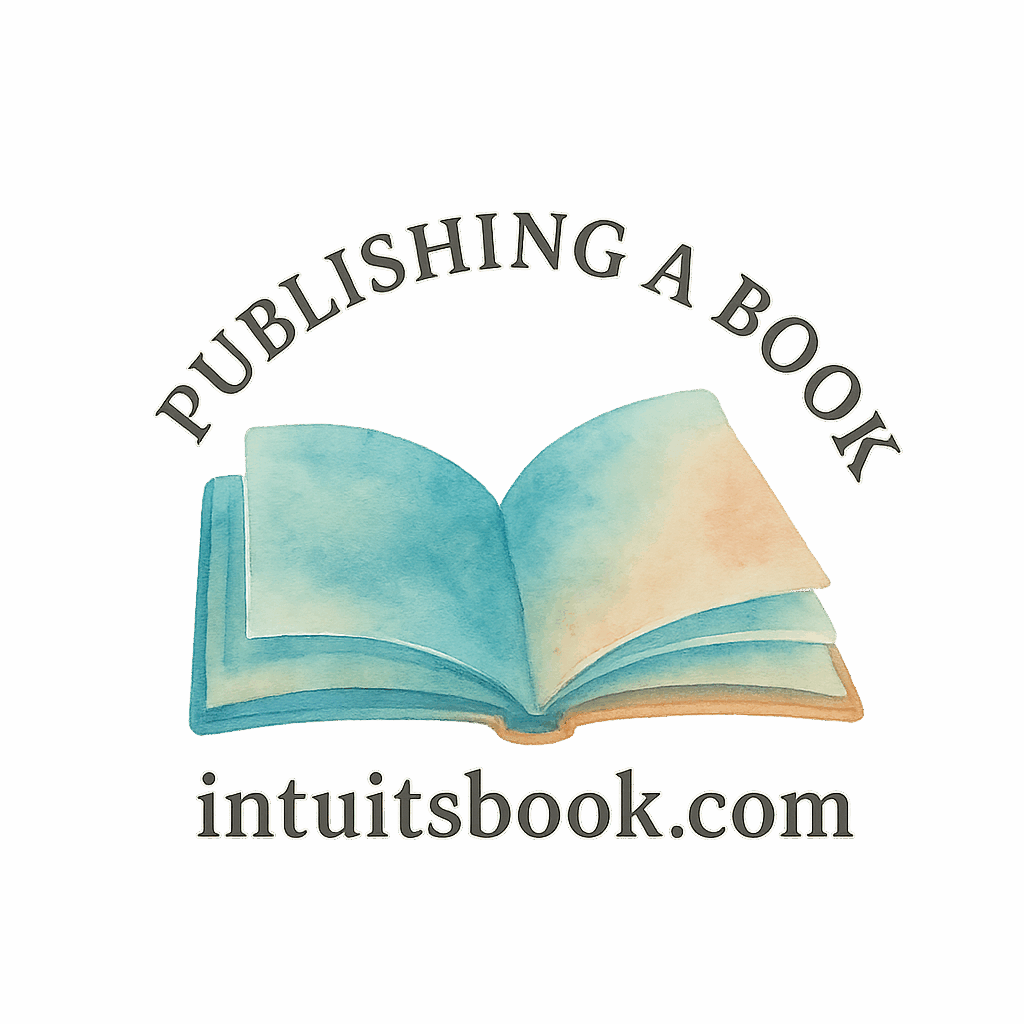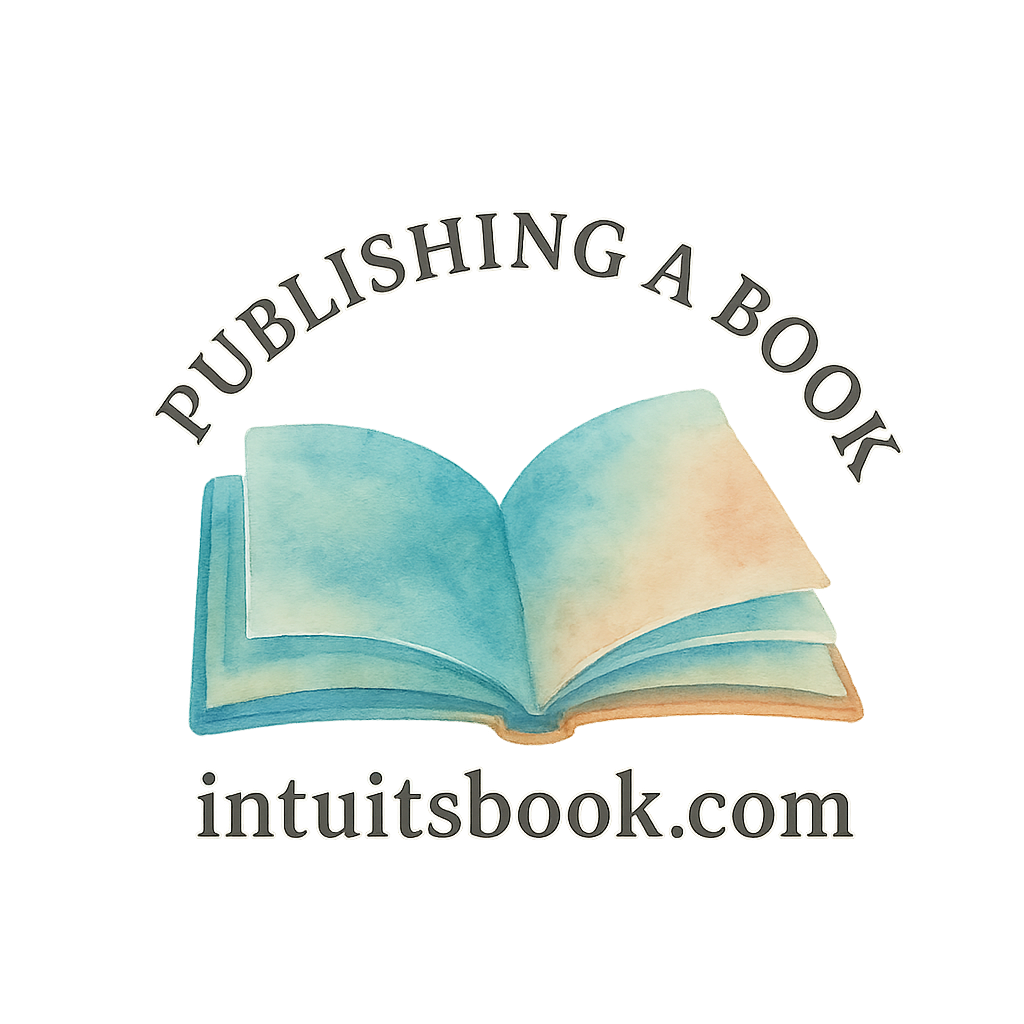Introduction
So, you’ve poured your heart into writing your book, polished your manuscript, and finally hit “publish.” Now what? The hard truth is: writing the book is just half the battle. Getting it into the hands (or e-readers) of readers requires smart, consistent marketing. And for self-published authors, content marketing is a game-changer.
In this guide, we’ll explore 7 self-publishing book content marketing hacks that will not only help you promote your book but also build your long-term author career. We’ll talk strategies you can actually use—without feeling like a pushy salesperson.
Why Content Marketing Matters for Self-Publishing Authors
Content marketing isn’t about shouting “Buy my book!” every five minutes. It’s about creating valuable, engaging, and shareable content that attracts readers naturally. Think of it as planting seeds—over time, they grow into a loyal audience.
Building Long-Term Visibility
Unlike paid ads that vanish the second your budget runs dry, content marketing creates evergreen visibility. A well-optimized blog post or a helpful guide can bring in new readers months—or even years—after you publish it.
Creating Direct Reader Engagement
When readers interact with your blog, newsletter, or social posts, they’re not just consuming content—they’re connecting with you as a person. That relationship is what turns a casual browser into a fan, and eventually, a paying reader.
Hack 1: Leverage Your Author Blog
A blog isn’t just for writers who want to rant about life. It’s one of the most powerful marketing tools for any independent author.
Optimize Blog Posts for SEO
If your blog posts are optimized for search engines, readers who are Googling book topics or writing advice can stumble across your content—and your book.
Using Focus Keywords and Internal Links
Pick a focus keyword (like self-publishing tips) and use it naturally in your title, headings, and body. Don’t forget to add internal links to valuable resources like self-publishing or book marketing guides.
Share Behind-the-Scenes Writing Stories
Readers love to peek behind the curtain. Talk about your book idea, share your struggles with drafting, or post about your manuscript steps. These posts humanize you and help build an emotional connection with your audience.
Hack 2: Master Social Media Micro-Content
Social media can feel overwhelming, but you don’t need to be on every platform. Instead, pick one or two and focus on quality content.
Repurpose Excerpts into Bite-Sized Posts
Take a powerful line from your book or a tip from your writing process and turn it into a quote graphic. These little nuggets are shareable and spread your book’s message.
Use Video Content to Connect with Readers
Short reels or live Q&A sessions where you talk about your writing tips can attract curious readers. Video shows your personality, making your content stand out in crowded feeds.

Hack 3: Build an Email Newsletter Funnel
If you want loyal readers, email marketing is your secret weapon. Unlike social media, you own your email list—and no algorithm can take that away.
Offer a Free Chapter or Mini-Guide
Everyone loves free stuff. Offering a free chapter, checklist, or even a publishing hack in exchange for an email address is a great way to grow your list.
Segment Your Readers for Personalized Messages
Not every subscriber is at the same stage. Some may be aspiring writers, others just fans of your stories. Segment your list so you can send relevant, personalized messages that keep them engaged.
Hack 4: Create Evergreen Content Around Your Book Topic
Don’t just market your book—create content around the themes, lessons, or problems your book addresses.
Write Educational Blog Posts
For nonfiction authors, write posts that expand on your book’s subject. For fiction authors, explore world-building, character development, or even inspiration behind your story. Tie these back to learn to publish or author education topics.
Develop FAQ-Style Resources for Readers
FAQs are SEO gold. Create posts like “How to Publish a Book as a New Author” and link to resources like publish book or new author guides.
Hack 5: Collaborate with Other Independent Authors
You don’t have to do this journey alone. Teaming up with other writers can amplify your reach.
Guest Posting on Author Blogs
Offer to write a guest post on another author’s site. It’s a win-win: they get fresh content, and you get exposure to a new audience. Don’t forget to link back to resources like traditional publishing vs self-publishing.
Cross-Promotion via Newsletters
Swap shoutouts in your newsletters with other authors. It’s simple, free, and introduces you to engaged readers who are already book lovers.
Hack 6: Use Content Marketing to Boost Book Reviews
Reviews can make or break your book’s success. But did you know you can market for reviews through content?
Educate Readers on How Reviews Help Authors
Many readers don’t realize how powerful their reviews are. Write a blog post explaining why reviews matter for book publishers and sell books.
Run Review Campaigns with Content-Driven Calls-to-Action
At the end of your blog posts, newsletters, or even free guides, gently encourage readers to leave a review. Position it as a way they can directly support your author career.
Hack 7: Experiment with Multimedia Formats
Not all readers consume content the same way. Some prefer blogs, others prefer audio or visuals.
Podcast Interviews and Book Discussions
Getting interviewed on podcasts is like free advertising. You can share your query tips, writing journey, or insights from your book.
Infographics, Checklists, and Visuals
Turn your book’s main ideas into quick-reference guides or infographics. They’re highly shareable and perfect for Pinterest or LinkedIn.
Bonus Hack: Turn Your Writing Process into Marketing
Why keep your writing journey private when it can double as content?
Share Your Writing Process as Ongoing Content
Document your journey—from book draft to launch day. Post updates, share lessons learned, and be open about challenges. Readers love following along, and it keeps your audience engaged while you work on your next book.
Common Mistakes to Avoid in Book Content Marketing
Even with the best intentions, authors often stumble in their marketing.
Over-Promotion Without Value
If every post screams Buy my book, readers will tune out. Focus on giving value first—promotions should feel natural, not forced.
Ignoring Reader Feedback
Your readers are your biggest asset. If they ask for more behind-the-scenes content, give it to them. Ignoring feedback can make your content feel one-sided.
Conclusion
Marketing your self-published book doesn’t have to feel overwhelming or sleazy. By using these 7 self-publishing book content marketing hacks, you can promote your book in ways that feel natural, build long-term visibility, and actually connect with your readers. Remember, content marketing is a marathon, not a sprint—every blog post, email, or social update is another step toward growing your audience and strengthening your author career.
FAQs
1. What’s the most effective content marketing hack for new authors?
Starting a blog and growing an email list are two of the most effective long-term strategies for new authors.
2. How often should I post content as a self-published author?
Consistency matters more than frequency. Aim for at least one high-quality blog post or newsletter per week.
3. Can I market my book without social media?
Yes! Focus on blogging, SEO, and email newsletters. Social media helps, but it’s not the only option.
4. Should I use paid ads alongside content marketing?
You can, but start with organic strategies first. Paid ads work best when combined with a strong content foundation.
5. How do I avoid sounding too salesy in my marketing?
Provide value first—teach, entertain, or inspire. Then weave in your book naturally.
6. What’s the role of SEO in book content marketing?
SEO helps your content rank in search engines, bringing in new readers who are already searching for your topic.
7. How do I balance writing my book and marketing it?
Set aside dedicated marketing days or batch-create content in advance so you can focus on writing without distraction.


